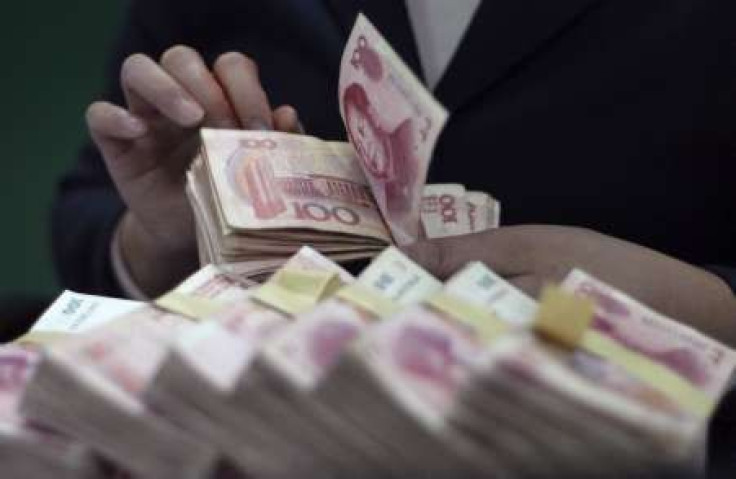Update1 - Foreign firms in China slapped with more taxes

China will no longer give exemptions to foreign firms from the Urban Maintenance and Construction Tax and Education Surcharges.
These two taxes were enacted in the mid-1980s but foreign firms -- defined as foreign-invested enterprises (FIEs), foreign enterprises and foreign individuals -- were exempt from them since 1994. These 16-year-long exemptions will now end on Dec. 1, 2010.
The urban maintenance tax rate will be 7 percent, 5 percent, or 1 percent, depending on the location of the business. The education tax will be 3 percent uniformly. These taxes will be levied on the actual paid amounts for value-added tax, consumption tax, and business tax (these three taxes are based on the volume of turnover or sales).
Actually, before 1994, foreign firms didn't have to pay valued-added tax, consumption tax, and business tax, so the urban maintenance tax and education tax weren't even applicable. It was only after they were obligated to pay those three taxes that the exemptions for urban maintenance tax and education tax were enacted.
Early on, China enacted tax exemptions to attract foreign investments and introduce foreign advanced technology.
Now, authorities are rolling back exemptions to raise more funds for local governments for construction and education. In addition, China wants to promote fair competition and equity in tax burdens between foreign and domestic firms.
Chinese officials said the tax hikes shouldn't have a negative impact on foreign investments. The country remains attractive for foreign investors because of its wide consumer market, sufficient human resources, economic growth, social stability, and investor-friendly policies.
Moreover, fiscal stimulus measures in 2009 cut taxes by 500 billion yuan for the whole economy, so the tax burden of businesses have already been significantly alleviate[d].
Henry Zhang, a portfolio manager at Matthews Asia Funds, echoed the view of Chinese tax officials.
The new policy will only put foreign-invested companies and domestic firms on an equal footing. In addition, there are many other more important reasons [to invest in China], such as the country's rapid economic growth and buoyant consumer demand, which ultimately drive foreign investment decisions, said Zhang.
Email Hao Li at hao.li@ibtimes.com
© Copyright IBTimes 2024. All rights reserved.











